The Future of Music: Why AI-Created Songs From The Beatles Are Inevitable
On June 13th, 2023, Paul McCartney shared that he would release a new Beatles song by the end of the year. The song would use audio lifted from an old cassette tape of John Lennon’s voice, using AI. (gasp!)
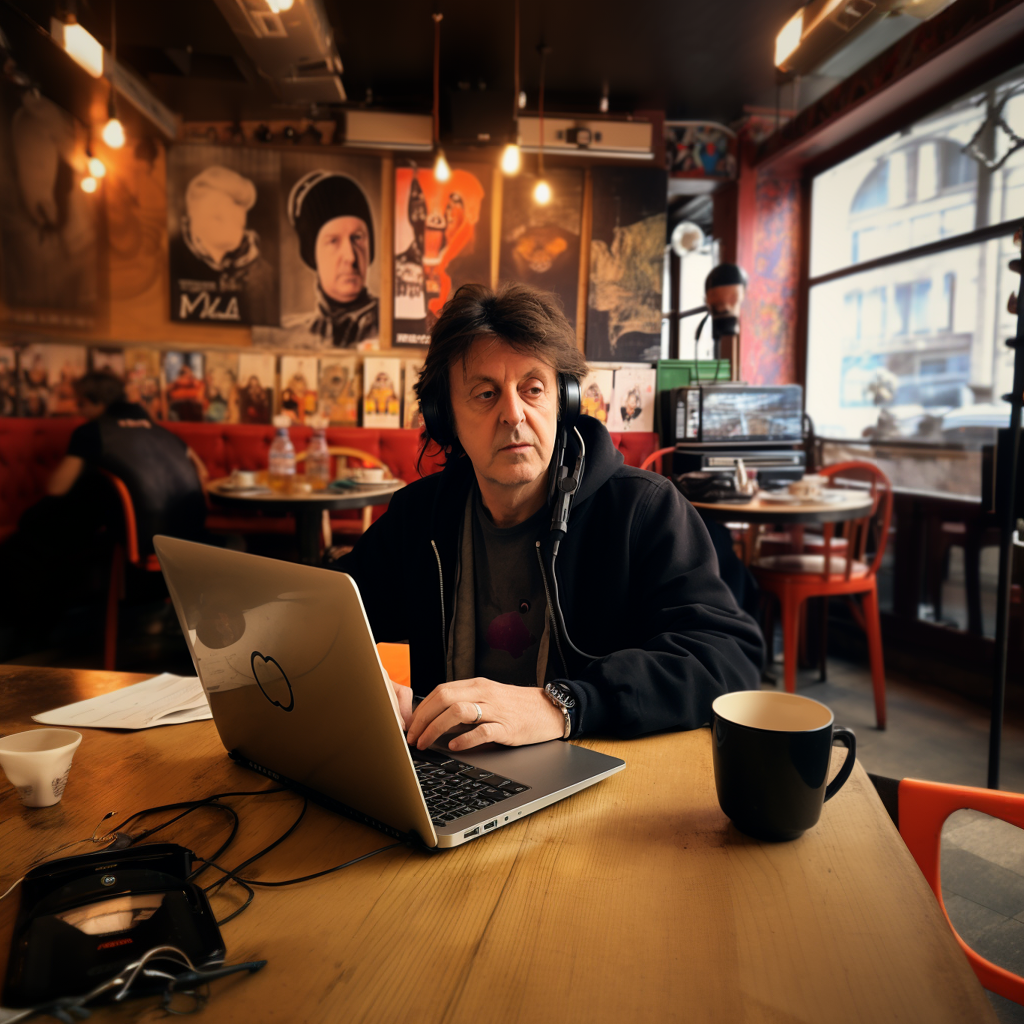
A week after his announcement, he responded publicly to what he called “confusion” surrounding his use of AI tech to make the song.
He was keen to assure everyone that nothing was “synthetically generated” and everything was “real.” He had only used the tech to remove John’s voice without the accompanying music and unwanted sounds on the tape, leaving the voice pure and uncluttered.
I find this amusing for two reasons, the least of which was that Lennon famously sang Nothing Is Real and how keen Paul was to comfort the chatter online of fans who spread concern that AI might be generating John’s voice synthetically.
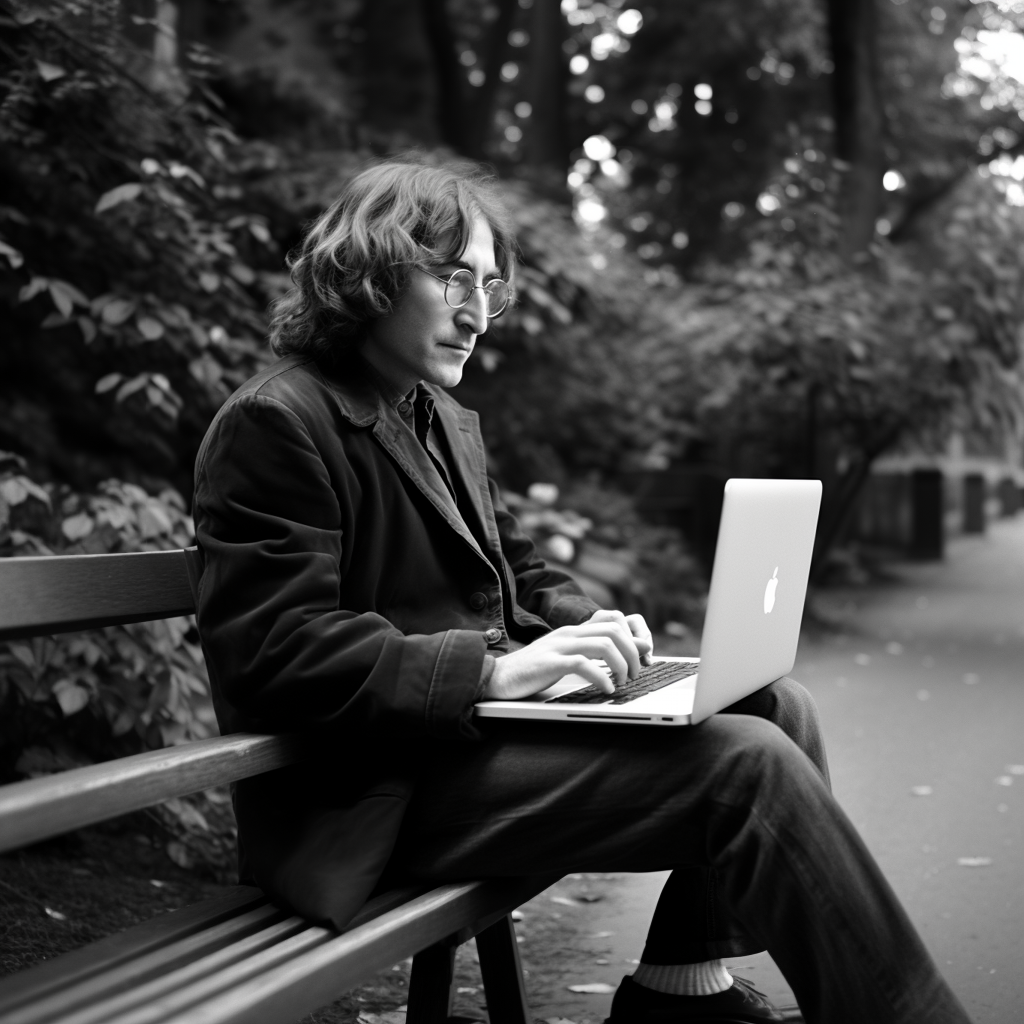
While the recording is “real,” the ability to use AI to lift the sound from the noisy recording environment mapped permanently onto the tape, is, let’s be honest, a form of magic, and a big step forward to the holy grail of the recording arts.
The Holy Grail of The Recording Arts
Imagine stumbling upon a “long lost” Beatles album featuring entirely new songs in their signature style. At first, you’d presume it was fabricated.
But the melodies, harmonies, instrumentation, and production are so meticulously faithful that even experts can’t deny its authenticity. Pure, perfect new Beatles material exists again, thanks to artificial intelligence.
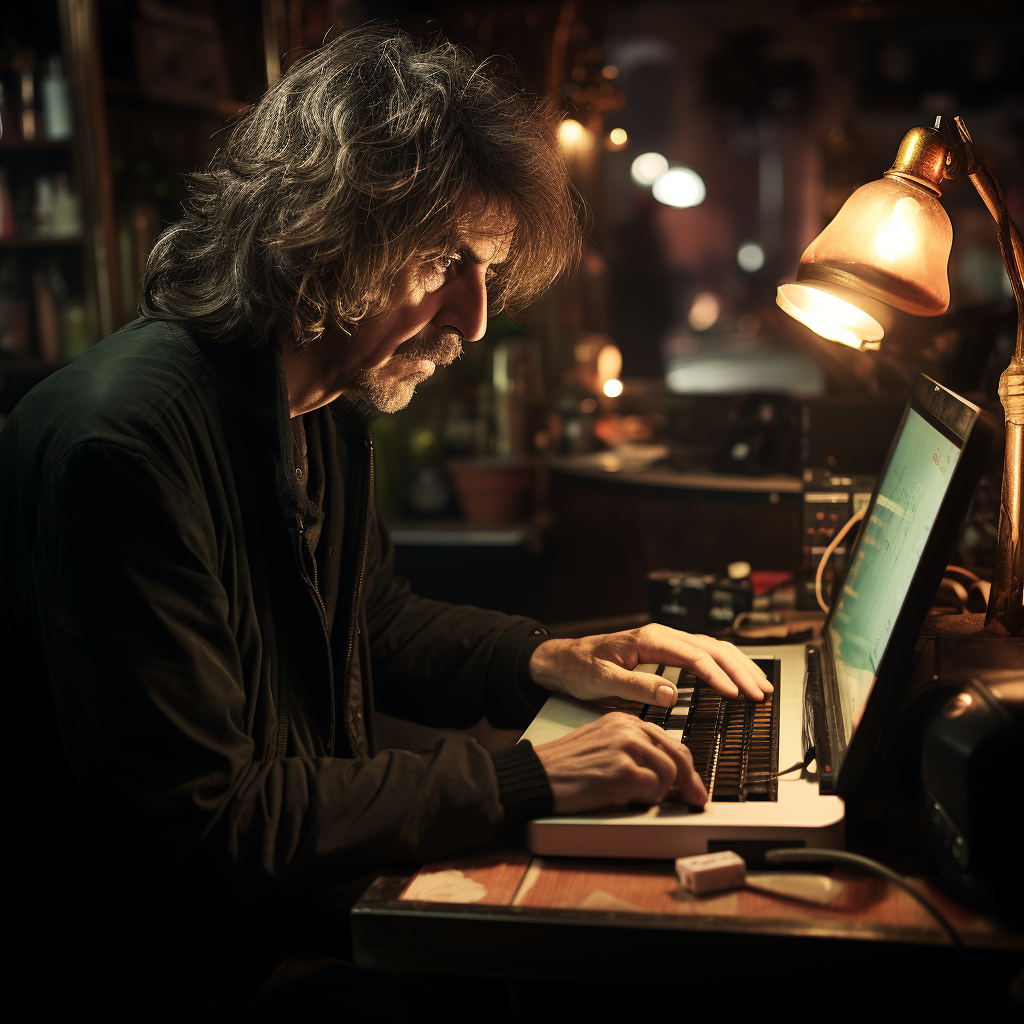
This seemingly far-fetched scenario will become reality much sooner than anticipated; Paul is already trying to calm the public’s nerves about what I believe is inevitable: a new Beatles record before the ancient meme that Paul is Dead comes true.
However, I trust it will be so good that it will be approved by Paul McCartney and Apple Records as legit, and people will go bananas over it.
Having a new Beatles record that 100% sounds like a new Beatles record will be a defining moment in the history of the recording arts and in the way we begin to understand just how transformative AGI will be, in general.
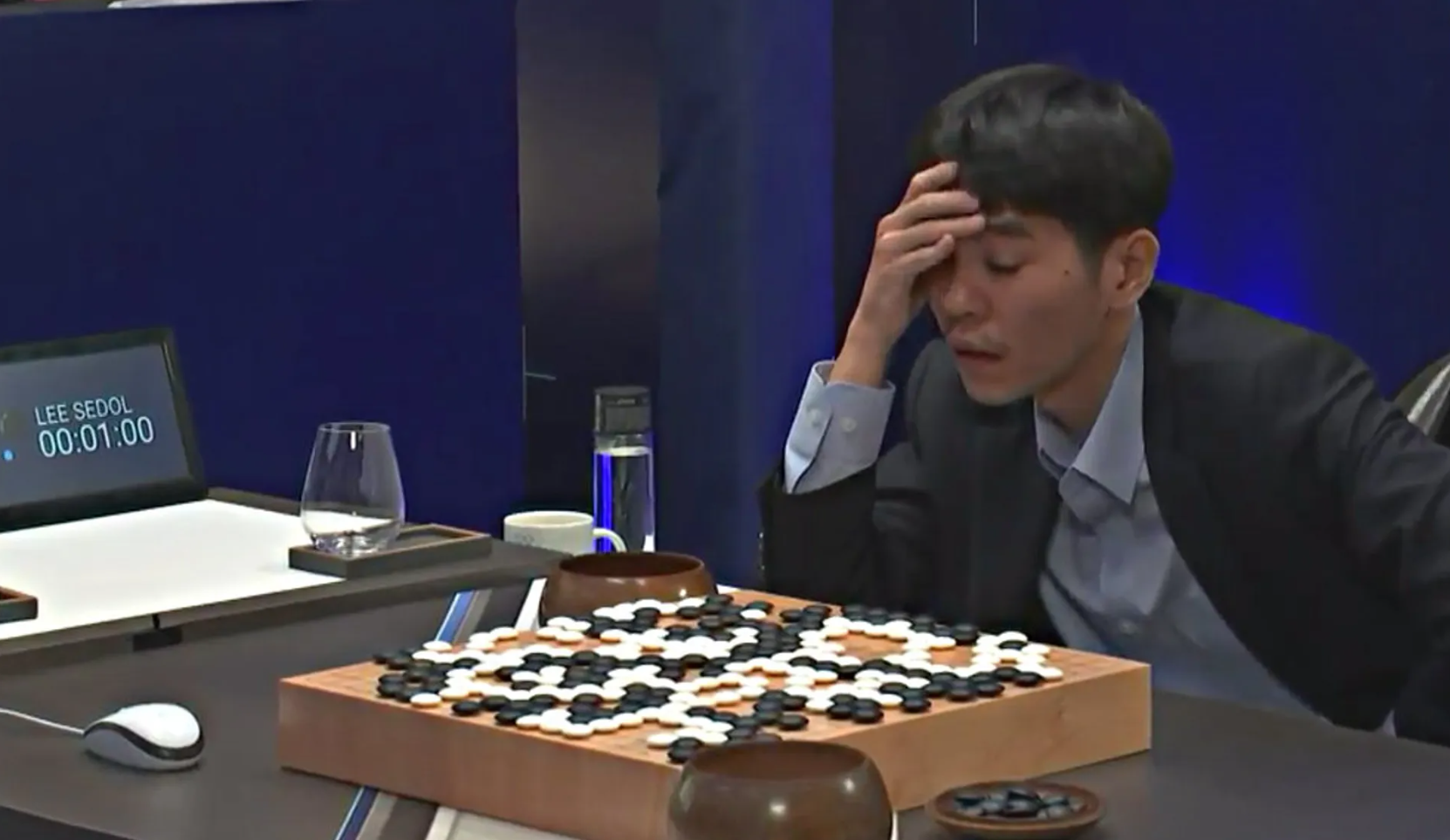
GO AGI GO
Rapid advancements in AI mean programs can already compose serviceable instrumentals in given genres. The next frontier is whole songs indistinguishable from a specific artist’s work. Computer creativity will unlock eras as perpetual artistic wells to draw from in the same way it invented moves in the game of Go no human had ever imagined possible.
The Beatles, history’s most ingenious band, are the ideal target for this revolutionary AI endeavor. Their immense catalog provides abundant data for machine learning systems to analyze and emulate.
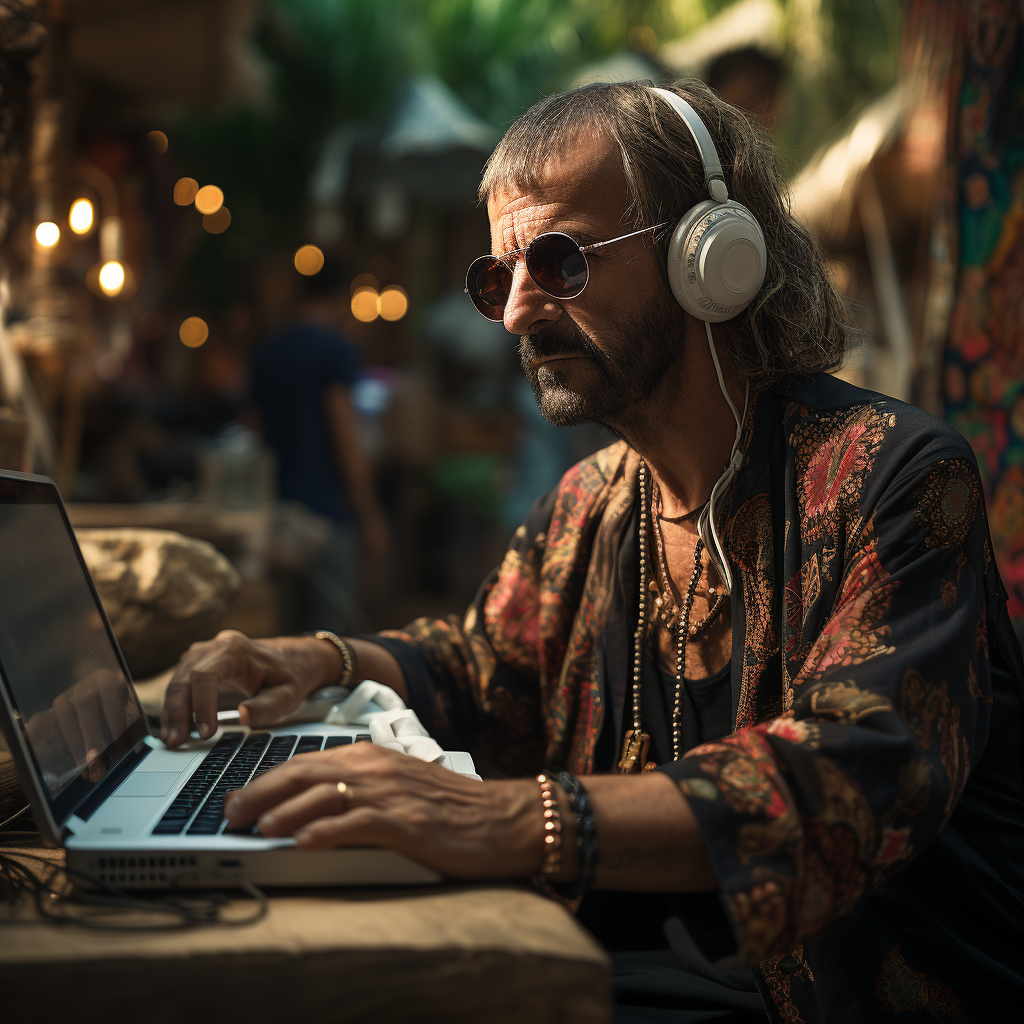
The Beatles also represent the pinnacle of creativity in the realm of songwriting. If AI can master their style, other artists won’t be far behind.
Picture an AI trained extensively on the Beatles’ 188 original song discography and the contemporary music, art, and cultural factors that influenced their writing. It identifies nuanced patterns in their melody and lyric craft via iterative modeling. With sufficient computing power, convincingly “new” Fab Four songs emerge, capturing everything from their early joy to later complexity.
Naysayers will initially criticize these AI-generated classics as songs with a plastic soul. But does it matter if the tunes make people joyfully sing along just as their real hits do? The divide between human and computer creativity, already hazy with tools like Midjourney, Whisper, Grammarly, and Claude, will evaporate further. To fans, “new” work from expired icons will feel like a resurrection.
The Beatles are only the beginning.
The AI techniques pioneered to reverse-engineer their brilliance will rapidly expand. Entire lost Nirvana albums could be conjured from the ether. Jazz legends like Miles Davis could have endless fresh improvisations, or you could play along with him yourself.
We will have all new plays by Shakespeare, and today’s finite, linear culture will transcend the boundaries of life and death, and become immortal thanks to petaflops of computing power.
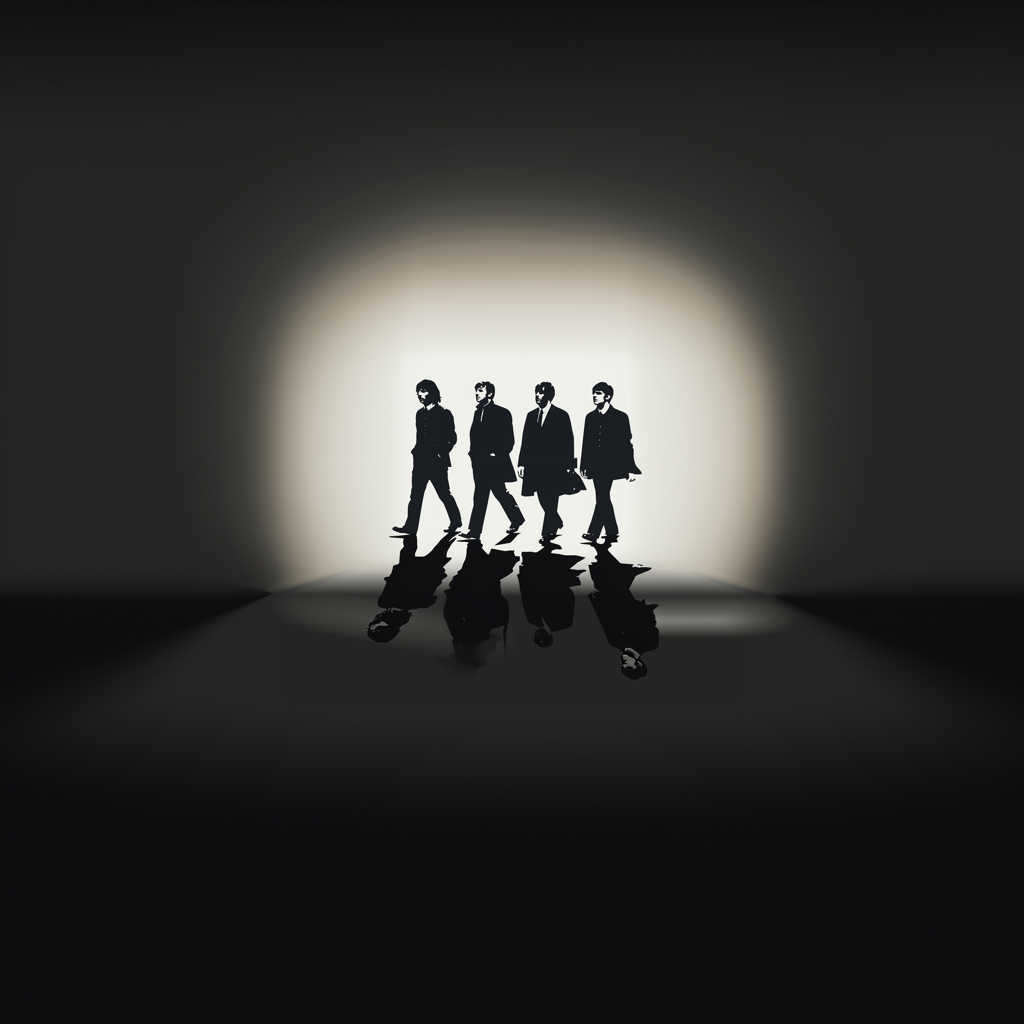
Just like Paul’s recent announcement, and to a much greater degree, a new must-listen Beatles album will naturally unsettle society. But after the initial shock that creative work is no longer limited to flesh and bone, the values and emotional cues that art inspires in us will remain unchanged.
Should we hesitate if technology can give us the gift of listening to new Beatles songs, the follow-up to In Utero, or anything else you can imagine?
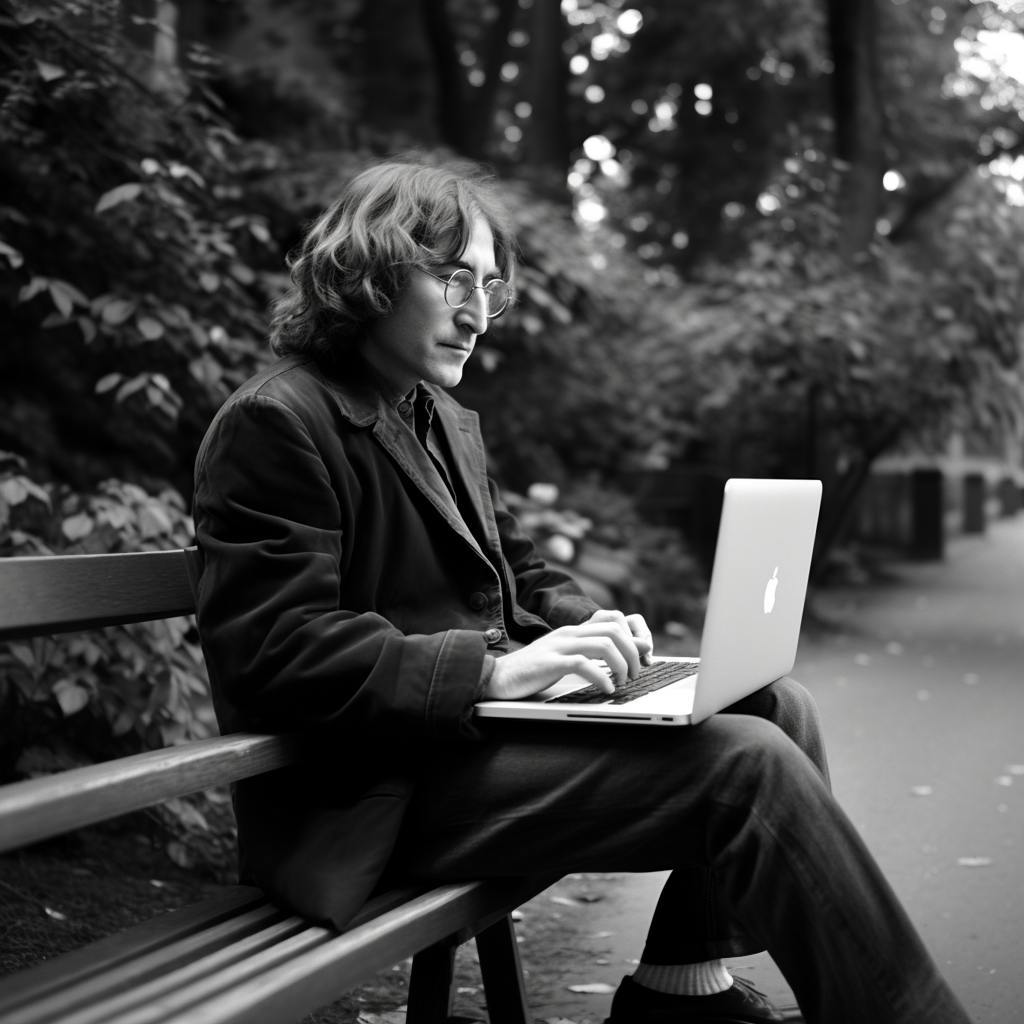
Leave a comment: